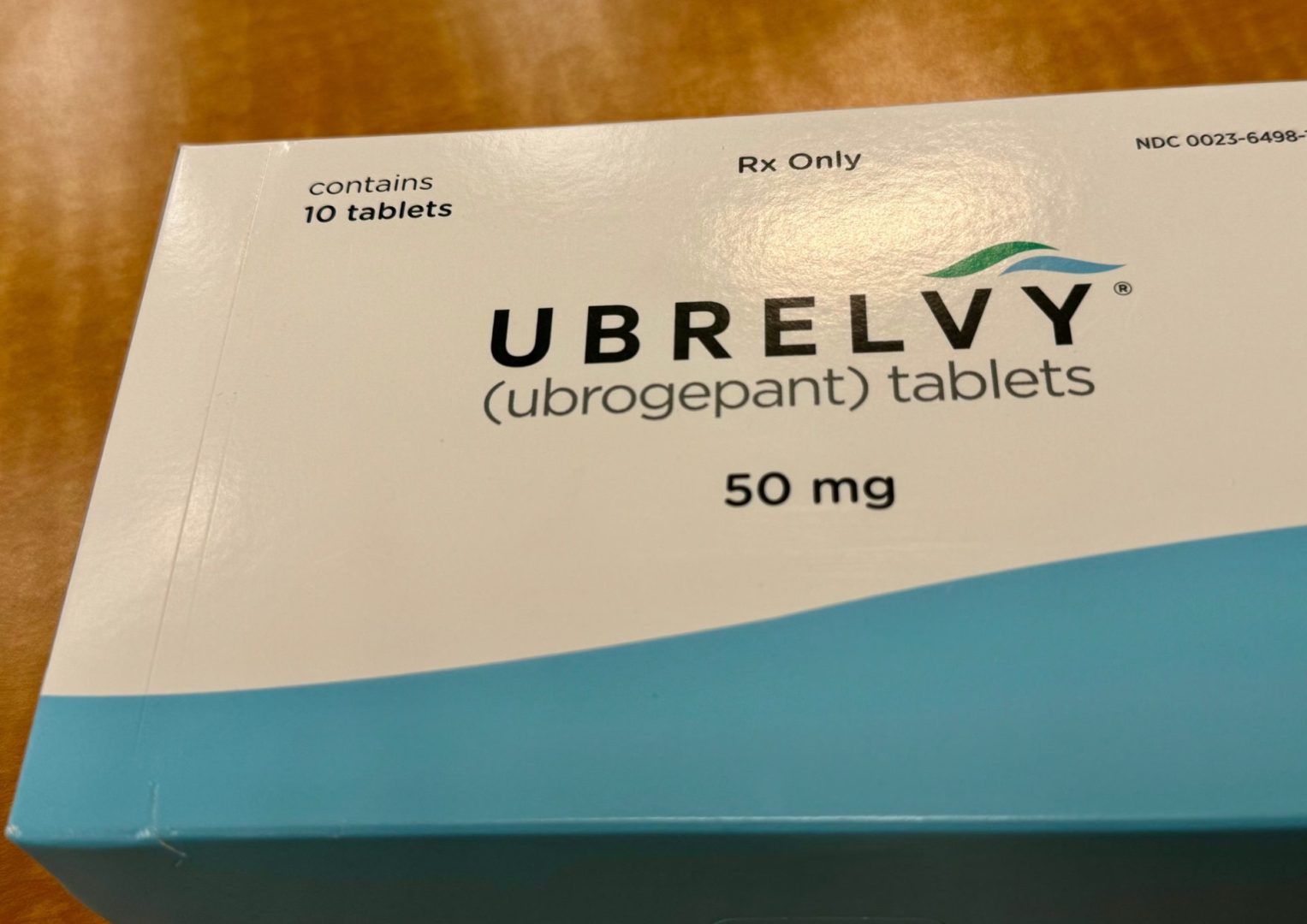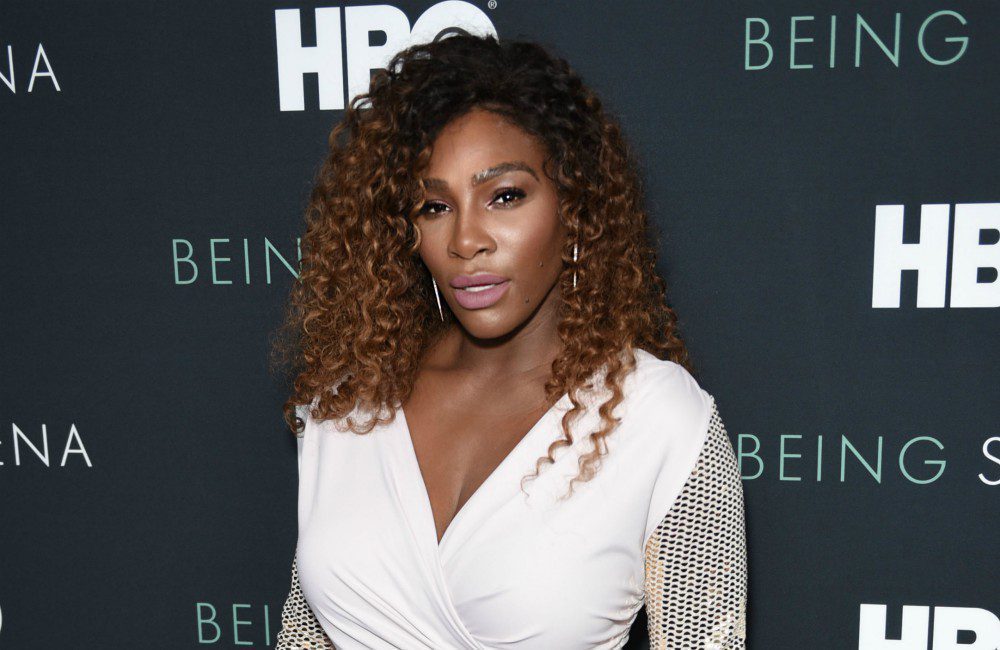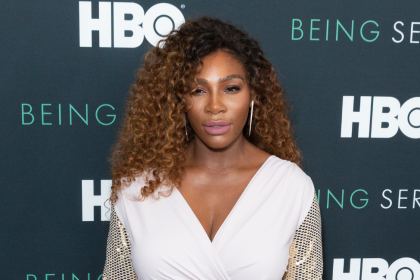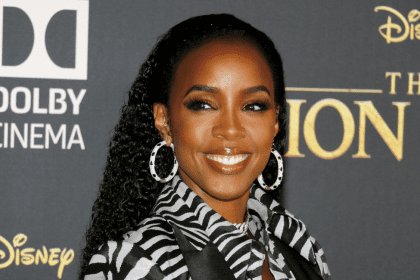The Food and Drug Administration (FDA) has recently intervened regarding a migraine medication advertisement featuring tennis superstar Serena Williams. The FDA’s concerns center around claims that the advertisement for the prescription drug Ubrelvy overstated its effectiveness, raising significant questions about the marketing practices of pharmaceutical companies.
Background on Ubrelvy and Serena Williams
Ubrelvy, a medication developed by AbbVie, is designed to provide relief for individuals suffering from acute migraine attacks. Williams, who has openly discussed her struggles with chronic migraines throughout her illustrious career, endorsed the drug in a commercial that aired four years ago. In the ad, she described the relief she experienced while managing her responsibilities as a mother, businesswoman, and athlete during the pandemic.
In an interview with People in April 2021, Williams stated, “I don’t know if I’ve had any migraine attacks since I’ve started taking Ubrelvy, to be honest. And thank goodness, because they’re debilitating and it can be really awful to deal with.” Her endorsement aimed to resonate with many who face similar challenges.
FDA’s concerns over misleading advertising
On Aug. 29, the FDA issued a notification to AbbVie, citing that the advertisement featuring Williams was misleading. The agency pointed out that the commercial depicted Williams suffering from a migraine in a talk show dressing room, only to later show her walking down a blue-lit hallway, seemingly pain-free after taking the medication. The FDA argued that the ad failed to clarify the time lapse between the onset of her migraine and her subsequent relief.
In the commercial, Williams states, “When migraine strikes, you’re faced with a choice. Ride it out with the tradeoffs or treating? Or push through the pain and symptoms?” She then promotes Ubrelvy as a fast-acting solution, claiming, “One dose works fast to eliminate migraine pain.” However, the FDA contends that these claims misrepresent the actual benefits of the medication.
Clinical trials and efficacy
The FDA’s review highlighted that the clinical trials for Ubrelvy did not support the claims made in the advertisement. According to the agency, only 19 to 22 percent of participants experienced complete pain relief within two hours of taking the medication. In contrast, 78 to 81 percent did not find the same relief after a single dose. This discrepancy raises serious concerns about the accuracy of the marketing claims.
Public reaction and celebrity endorsements
The backlash against the advertisement has sparked discussions on social media, with users questioning the ethics of using celebrity endorsements in pharmaceutical marketing. One Twitter user remarked, “Today my neurologist was like ‘this migraine medication is the Lady Gaga one and this one is the Serena Williams one’ and it was a dark moment in medical history.” Such sentiments reflect a growing skepticism towards how celebrities influence public perception of medications.
The FDA’s letter to AbbVie provided the company with 15 days to respond to the allegations. They could either defend their marketing strategies or take steps to cease promotional communications that violate the Federal Food, Drug, and Cosmetic Act. The commercial in question has since been removed from the drug’s YouTube page, and Williams’ association with Ubrelvy has been largely erased from the company’s website.














